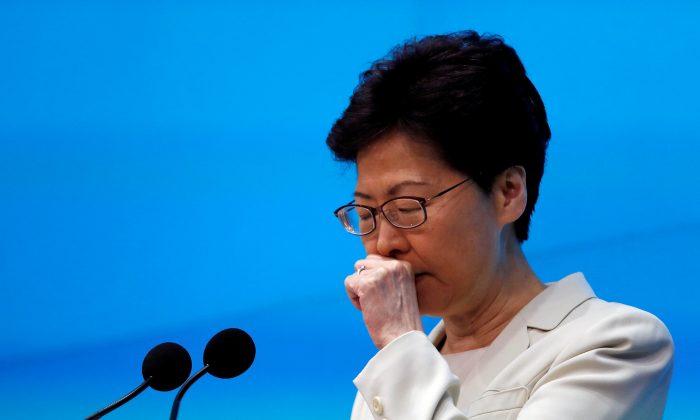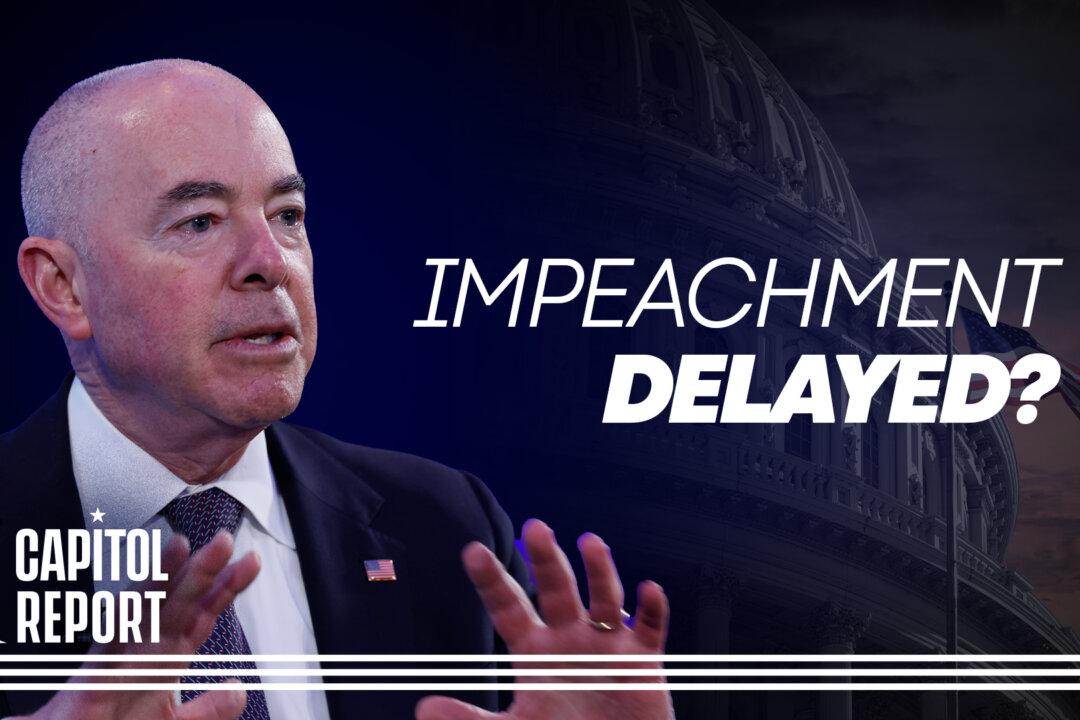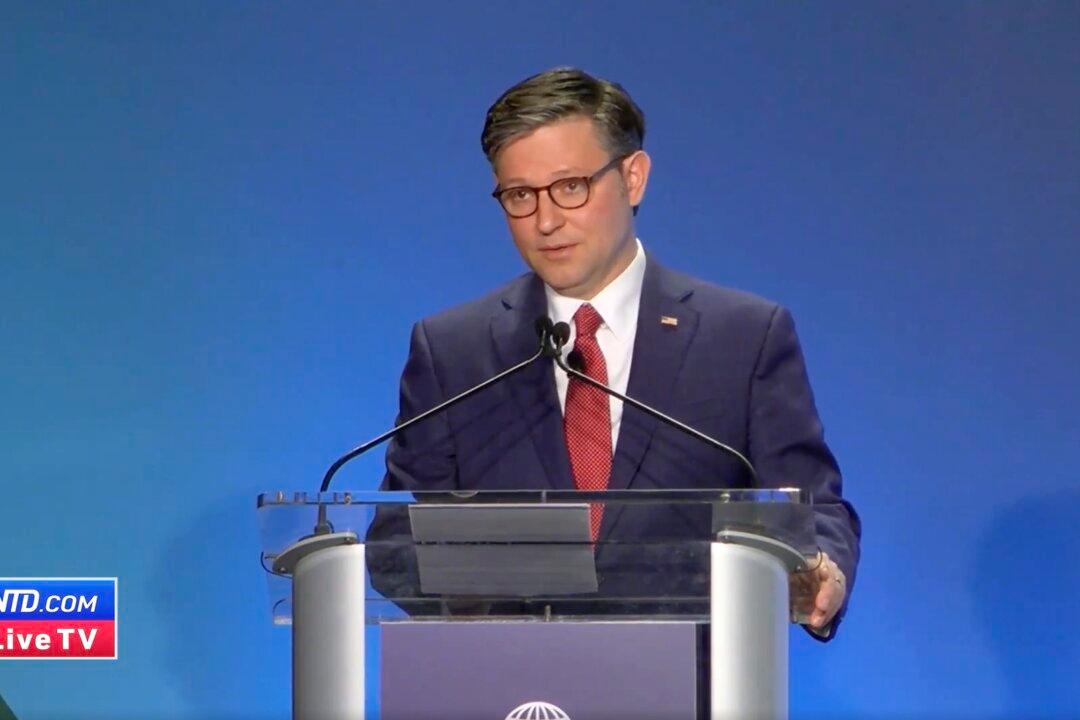Hong Kong leader Carrie Lam ignored an ultimatum on June 20 issued by protesters to scrap a controversial law that would allow criminal suspects to be extradited to mainland China, setting the stage for a ramp up in demonstrations in the coming days.
Student groups involved in organizing recent protests had publicly called on Lam to respond to a set of core demands by 5 p.m. local time on June 20.
Protesters have demanded that the proposed legislation be completely scrapped.
If Lam failed to respond by the deadline, the groups said it would initiate “elevated actions,” including surrounding the government headquarters on June 21 until all the protesters’ demands are met.
Protesters have also demanded that the government retract its statements labeling the June 12 protest as a “riot”, drop all charges against arrested protesters, and establish an independent committee to investigate and prosecute police use of force during protests.
On June 12, mass protesters gathered outside the city’s Legislative Council to protest the bill. The scene descended into chaos after some protesters attempted to break the police line. Trying to disperse them, police fired rubber bullets, tear gas, bean bags, and pepper spray into the crowd, leading to 81 civilian injuries.
Lam, caving to pressure, indefinitely suspended the bill on June 15. But this did not placate protesters, who the next day turned out in record numbers in a peaceful march demanding the bills’ full withdrawal and for Lam to step down. Organizers said nearly two million Hongkongers participated—making it the city’s largest ever demonstration.
Lam, in the June 18 press conference, also signaled she intended to stay in office the remaining three years of her term, and declined to make a judgment on complaints over abuse of force by police.
Protesters have called Lam’s statement “insincere” and “pointless,” citing her failure to address any of their demands.
“The regime [Hong Kong government] paid no attention to public opinion over the past month while attempting to ram the Bill through,” the student association said in its June 20 statement.
“The responses given by the regime on various occasion reflected the lack of accountability amongst government officials, and their blame-shifting speeches could not be more embarrassing.”
In a June 19 press conference, the Civil Human Rights Front (CHRT), organizer of the June 16 protest, called on supporters of the anti-extradition campaign to join an annual pro-democracy march scheduled for July 1, the 22nd anniversary of the city’s handover to Chinese rule.
Hong Kong reverted to Chinese rule under the express guarantee that the city would retain its autonomy and freedoms, including freedom of speech, a free press, and an independent judiciary—a policy known as “one country, two systems.”
Critics, however, say the Chinese regime has in recent years been steadily increasing its influence in local politics, education, and the media. They say the proposed changes to the city’s extradition law would allow the Chinese regime to pursue its critics located in Hong Kong with impunity, further eroding the city’s autonomy and jeopardizing its status as a global financial hub.






Friends Read Free